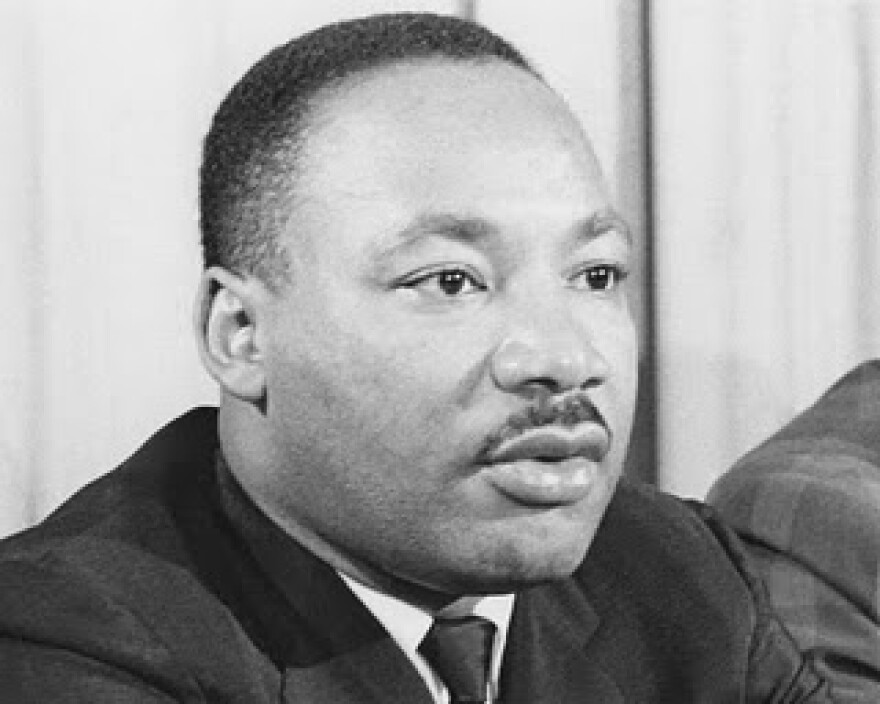Today is not only the Martin Luther King federal holiday, but Dr. King’s actual birthday. Had he not caught that bullet on the balcony of the Lorraine Motel half a century ago, he might still be with us.
John Dingell, the longest-serving congressman in our history, is still very much alive, and sending daily tweets about the insanity that is Washington today.
Damon Keith, who became one of the nation’s first black federal judges a year before Dr. King was assassinated, is still on the bench. Both those men are well into their 90s.

Martin Luther King JR. would have turned 89 today. He transformed this nation, but never lived to see his 40th birthday. Eight years ago today, I thought this nation had turned a corner. We had, against all odds, elected an African-American President of the United States.
He was brilliant and decent, and had put in place economic policies that had saved the auto industry and were ending the Great Recession. I was prouder of this nation than I had been at any time in my adult life. I cannot say I feel that way now.
Yin has given way to Yang, and everyone hearing these words knows exactly what I mean. None of you will be surprised to learn that last year, one of my best students was in a nightclub in Spain. When the MC asked people where they were from, she and her friend were ashamed to admit “America.” She expected a hostile reaction.

Instead, the local people indicated they felt sorry for them, which was even more humiliating. Martin Luther King Jr. knew all about humiliation too, in a much more profound way. Few white Americans have any idea what it is like to be black. This afternoon I am going to spend some time with a man named Chuck Ealey.
He was a poor black kid in Portsmouth, Ohio half a century ago, who was quarterback for his high school football team. They won all their games and then won the state championship.
Next year, it was the same. Had he been white, Ealey would have been gone to the Big Ten. But the conventional wisdom was that blacks didn’t have the mental abilities to lead the team. The only school that offered to let him play was the University of Toledo.
For three years he was their quarterback. Once again, they never lost a game. But no NFL team would draft Chuck Ealey because everyone knew blacks didn’t have the mental abilities to be quarterbacks. So he spent his career in the Canadian Football League.
If that were me, I’d be bitter. Instead, Ealey built a new career in finance afterwards and started a foundation designed to teach high school students to mentor elementary school kids and give them self-esteem.
My guess is Dr. King would have been thrilled by that. MLK has become a plaster saint now, and children learn about his life as they would the Stations of the Cross.
But he was an extremely complex man. In the last speech of his life, hours before he was killed, MLK said “all we say to America is, ‘be true to what you said on paper,” meaning the Declaration of Independence and the Constitution.
That’s a good motto, perhaps especially today.
Jack Lessenberry is Michigan Radio’s Senior Political Analyst. Views expressed in his essays are his own and do not necessarily reflect those of Michigan Radio, its management or the station licensee, The University of Michigan.




